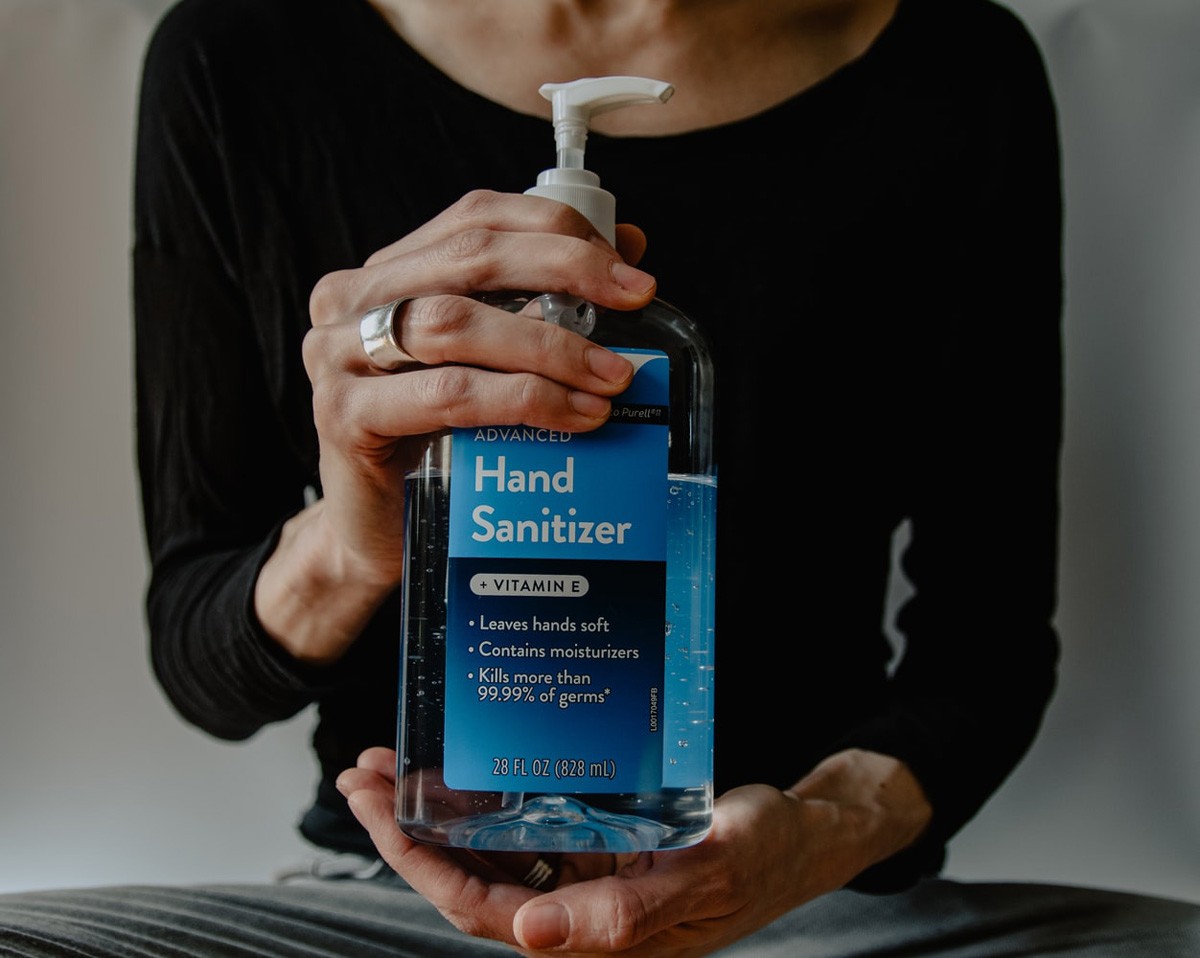It's important to see a doctor right away after you've been involved in a car accident even if you think you didn't sustain any injuries.
In the moments and hours after a traumatic injury people go through a period of shock. The body reacts by sending chemicals and messages throughout your system aimed at helping you get through the initial stages of the crisis. Pain is the loud voice that tells us to get help, but it can also interfere with thinking, so when your body senses it's in survival mode, it has the ability to reduce pain or even mask it all together. As a result, some people feel no pain right away, despite having been injured.
Although this natural defense mechanism is helpful at first, it can backfire if you don't undergo a medical evaluation. You might feel fine right away, but still be injured. In the hours and days that follow, as the adrenaline wears off, the pain comes through, but in the meantime, you have been nonetheless injured all along.
Going without immediate medical treatment could mean a missed opportunity for early intervention which could make your injury worse or your recovery period longer.
Not all serious injuries resulting from car accidents or serious falls are immediately noticeable. Shock and your body's reaction to it, can mask your injuries for days or even weeks after an accident. This is particularly true in the case of traumatic brain and head injuries, but also injuries to the back, neck and spine.
You may also overlook the potential impact of the emotional trauma you just went through. It's natural to experience emotional distress when you go through a trauma, particularly in cases where you may have witnessed the serious injury or death of another individual or worse, a loved one. This emotional distress could lead to psychological damages if not treated, as it weighs on your mind and takes its toll.
The best course of action in a serious accident is to see a doctor right away, regardless of whether you are in pain or think you've been injured.
The doctor will be able to examine you thoroughly and conduct any tests necessary to assess whether you've been injured in the accident, even if your body is doing its best to mask your symptoms.
If, by the time you get to the hospital, you've begun to feel any discomfort or pain, or if the doctor determines that you have been injured, then he or she will be able to treat your injuries early and proactively to improve your odds of a full recovery.
Still, despite this practical advice, we understand many people don't want to bother with seeing a doctor when they believe their accident was just minor. If feels like a lot of fuss, attention, and maybe even a waste of time and energy.
The problem is, if you fail to seek medical attention right away, and it turns out later that you did suffer an injury, in addition to the health risks you could incur, there can also be legal and financial consequences.
In order to get insurance coverage to help you recover from your damages, including your medical bills, lost wages and pain and suffering, you will need to prove that you were injured as a result of the negligence of another person.
















